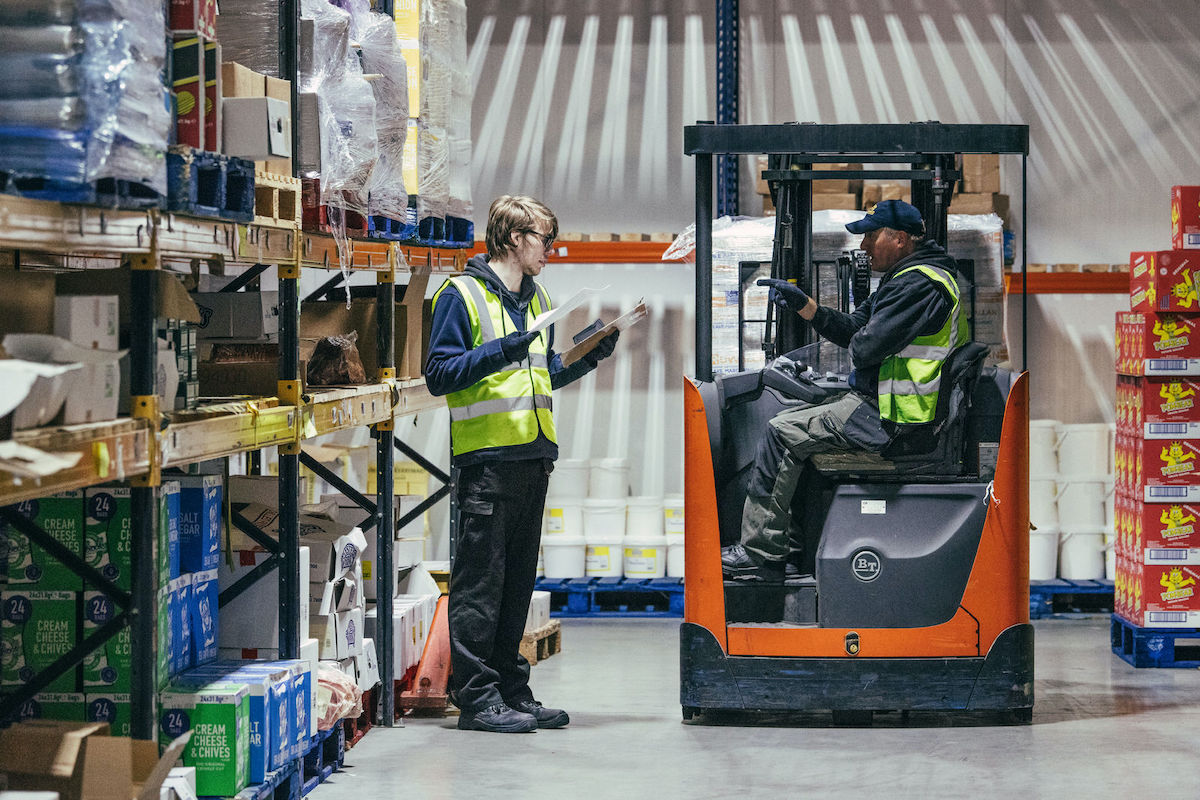Business model
Pivot and evolve: How to adapt your business during local lockdowns

With the government announcing weekly new restrictions in many parts of the country, affecting millions of people, the question of how businesses can adapt to local lockdowns gathers pace.
Be the Business spoke to two business leaders that took earlier lockdowns in their stride by changing the operating model, launching new services and using online technology to retain a bond with customers.
When England’s national lockdown was announced in March, Tom Mathew − director at Dunsters Farm, which supplies food to schools, restaurants and catering businesses − lost most of his customers.
“Seventy per cent of our business is education and 30 per cent hospitality and leisure,” he revealed. “Therefore, almost all customers closed overnight.”
In response, Dunsters, which is based in Bury, Greater Manchester, changed its business to focus on consumers and home delivery. It uses logistics and travel companies to deliver its food boxes. It built a website for the home delivery business in just two weeks.
“We pivoted into B2C [business to consumer] because there was nothing to do for our staff,” added Tom. “This was a time of supply chain shortages for things such as loo roll and flour and panic buying. We started to do home deliveries and we quickly set up a new website to take payments right away rather than on account. It was a pretty drastic change.”
Business pivots can open new markets
Consumer sales increased due to growing demand for local food suppliers. However, the value per order for home delivery was far less than the average order for a school delivery. So, when schools reopened and restrictions on restaurants were eased, Dunsters prioritised its usual B2B market. However, it plans to continue home deliveries after lockdown.
The company has also been affected by local lockdowns in the North West of England, although these have had less impact than the first national lockdown Tom said. Having furloughed most workers during the national lockdown, Dunsters Farm is now almost fully staffed again and plans to hire more workers

What advice does Mathew have for other businesses that may be worried about future lockdowns?
“Look what’s happening to the world and the macro trends [including a surge in online shopping] that are out there, such as delivered everything and the trend towards people having an awareness of local [suppliers] and where stuff comes from – provenance. That’s the sort of lines we are looking at – trends that are here to stay.
“We all know the challenge – we’ve got to find the opportunity in it.”
For Jacqui Jackson, reinvention is in the blood. Jacqui is partner at Jardine & Co, a fifth-generation family business in Carlisle, Cumbria. Over the decades the business has moved from farming to grocery, coffee roasting, consulting and running a co-working building.
During England’s national lockdown, the co-working space had to close because it was classed as a non-essential business.
It worked hard to keep the sense of a business community going during the lockdown, with free online Zoom calls, “bake-offs” and quizzes. “We went virtual for that three-month period,” she remembered, adding that most of the co-working space’s customers have stayed with the business.
Some customers of the co-working space, such as web developers, were “really thriving” due to a surge in employees working from home and businesses needing online platforms, Jacqui explained. Others struggled after losing contracts.
Scenario planning
Making plans for a business is hard when there is a possibility that the area may go into a lockdown and all business may have to close temporarily. Leaders can try to prepare for lockdowns by planning for different scenarios and working out how their operations can best respond, Jacqui commented.
“We’re a consultant so we would always say you need a long-term goal or what you want to achieve. How you get there is changing daily.”
Being open to ideas from all employees, no matter how junior, can also help businesses deal with local lockdowns. They may even emerge stronger.

“We’re a generational family business,” Jacqui added. “I find it quite exciting because there isn’t a generation that knows the answer. The answer isn’t held in any one person because no one knows, and nobody has experienced this set of circumstances ever. Everybody’s ideas are valid, and everybody’s ideas are being listened to. Forming an opinion from different generations which gets possible the best idea and it allows new thinking through.”
Businesses can also work out how to navigate local lockdowns by sharing advice and ideas with other businesses, she concluded.
“Networking is sometimes a bit too superficial. It’s more about opportunity scoping and problem solving with trusted peers – a group of businesses that you trust and respect that come together to really work out the opportunity. We all know what the challenge is, it’s now that we’ve got to work out creatively what’s the opportunity in it and how do we make it happen.”
Further information
Government list of local lockdowns
Coping with a local lockdown: A guide for businesses


